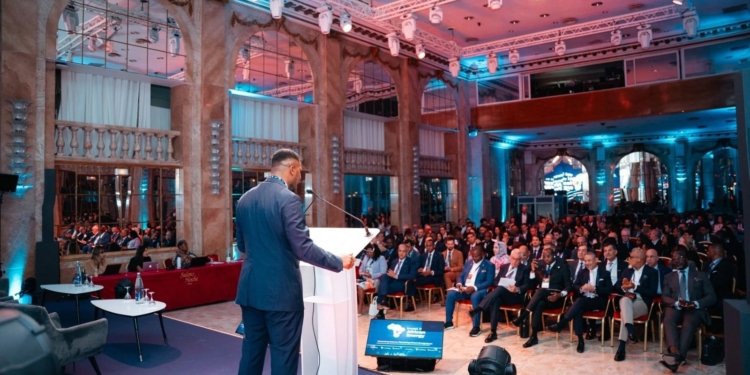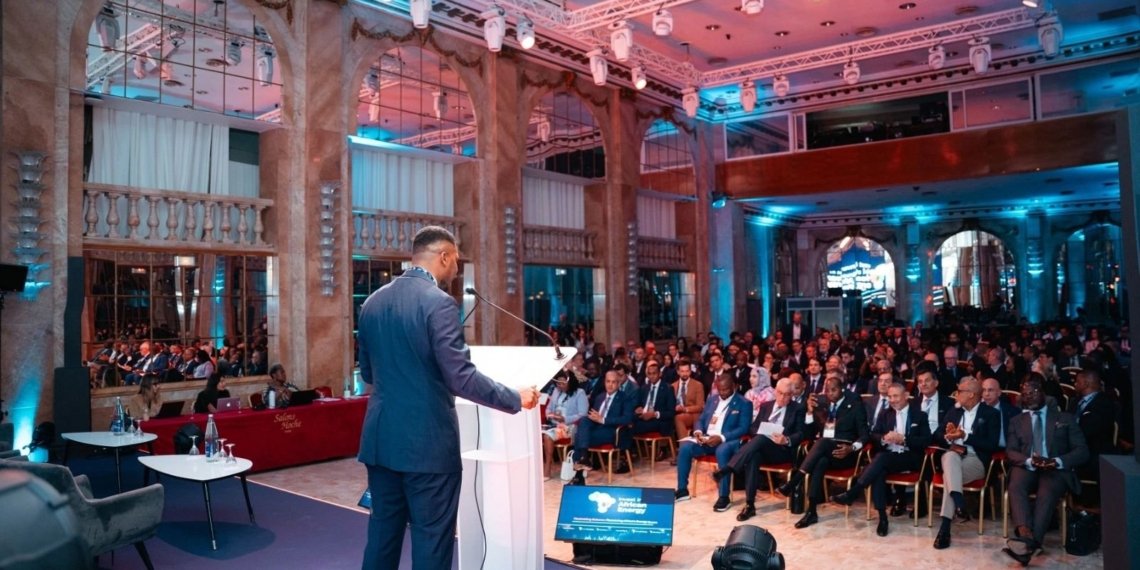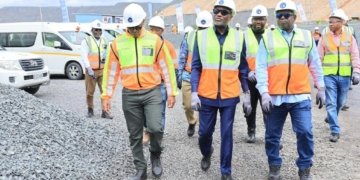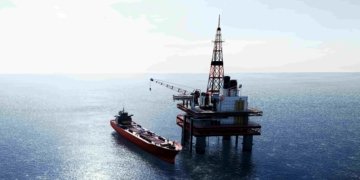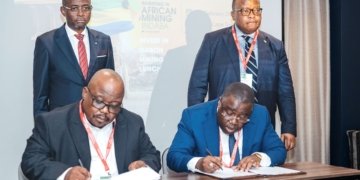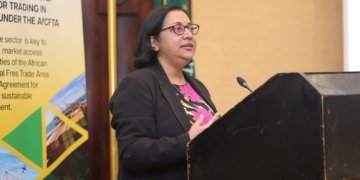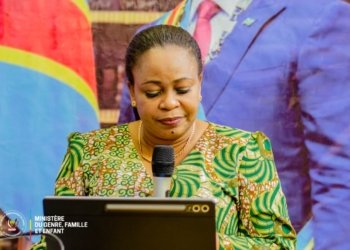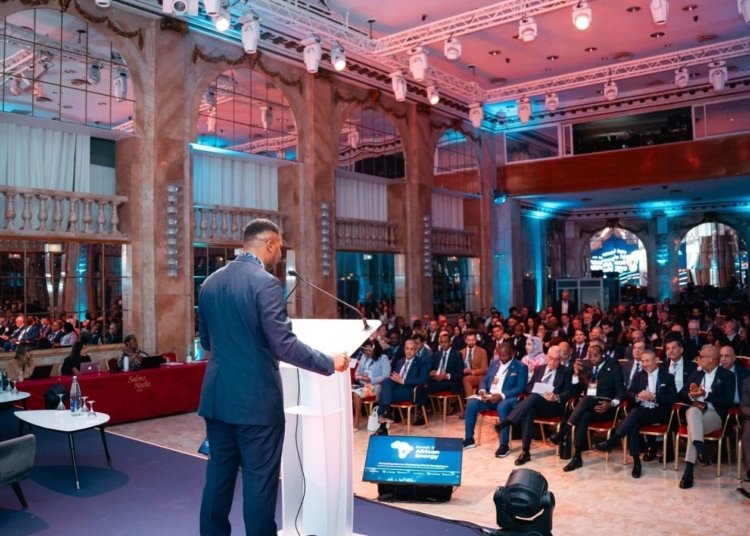PARIS – African energy leaders, global investors and policymakers called for deeper regional collaboration, strategic gas development and inclusive policies that put African countries in control of their energy futures.
They made these calls during the Invest in African Energy 2025 Forum held in Paris from May 13 to 14, delivering a unified message that the continent must move beyond extraction and focus on building domestic energy value chains.
NJ Ayuk, executive chairman of the African Energy Chamber, pointed to the Greater Tortue Ahmeyim gas project as a landmark example of successful cross-border cooperation.
The project, developed jointly by Mauritania and Senegal and having recently shipped its first LNG cargo, was praised for showing that such collaboration is both possible in Africa and essential for long-term progress.
“No country has been able to do cross-border projects like Mauritania and Senegal. They showed that it is possible in Africa to come together and do cross-border collaboration,” Ayuk said. He warned that “resource nationalism slows down projects.”
Natural gas seen as a lever for industrialization
Marco Villa, chief business officer at Technip Energies, expanded on Ayuk’s remarks by describing natural gas as a strategic driver of industrialization, energy security and economic integration.
He said Africa’s real opportunity lies in transforming its resource potential into broad-based, inclusive growth.
Villa stressed that while export infrastructure is important, domestic gas use must be prioritized to support sectors such as transportation, petrochemicals, power generation and agribusiness.
Namibia seeks to lead in upstream development
Namibia’s Petroleum Commissioner Maggy Shino highlighted how her country is emerging as a key player in upstream oil and gas following major offshore discoveries in the Orange Basin.
With more than 80 percent of its offshore still unexplored, Namibia is attracting strong interest from international energy companies.
Shino emphasized the need to move quickly and responsibly. She pointed to the development of a National Upstream Petroleum Local Content Policy as a framework for aligning global expertise with Namibian participation.
The policy aims to promote skills development, supplier integration and citizen empowerment from the start of each project.
What happens if imports stop?
On the downstream side, Anibor Kragha, executive secretary of the African Refiners and Distributors Association, warned about the risks of continued dependence on imported petroleum products.
He stressed the importance of domestic refining and strategic storage, posing the question of how African nations would respond if imports were suddenly halted.
“How many countries have strategic storage beyond two weeks?” said Kragha. “Africa’s energy boom is not just about oil and gas.”
Speakers said Africa’s energy success must rest on resource discoveries and the infrastructure and policies required to turn them into lasting economic value.
